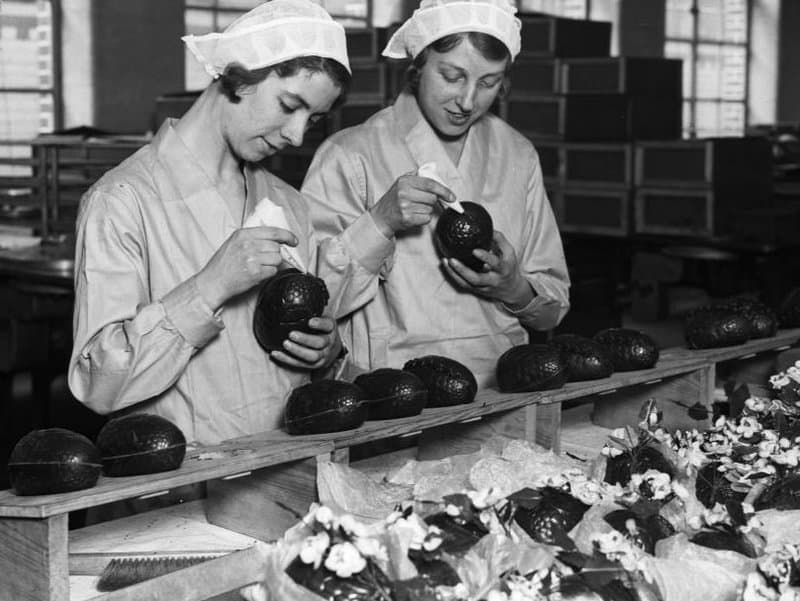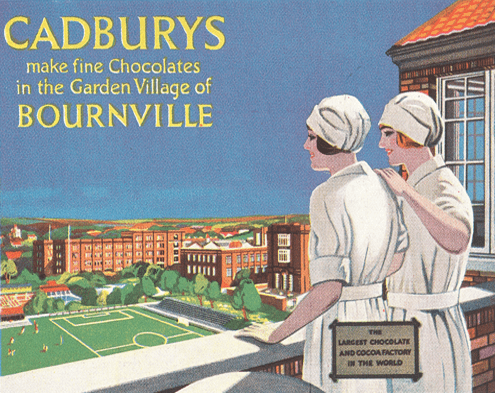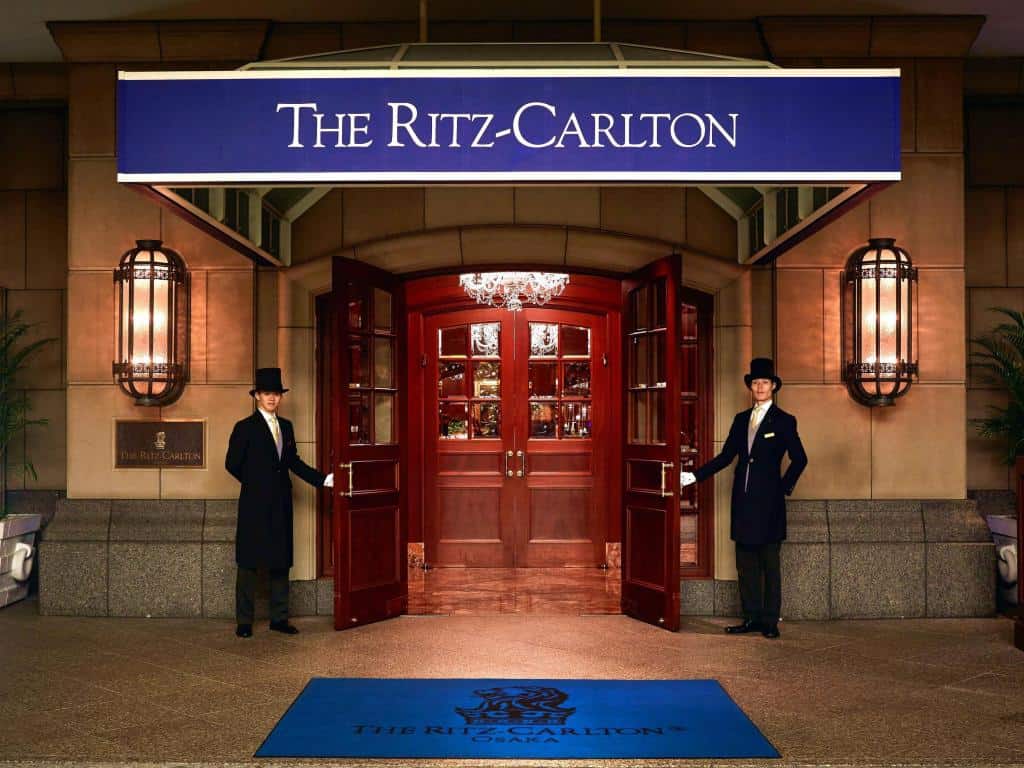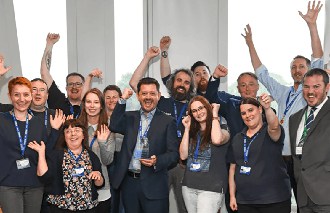
How to rid your organisation of politics and create a massively high performing team
Imagine every one of your employees goes to work excited and energised by what they do. Bringing their ‘A’ game, solving problems, hitting deadlines, going the extra mile. How would that change your organisation?
Or better still imagine a world where every single person is fulfilled and passionate about their job. A world in which everyone loves getting up in the morning and going to work. A world where people really enjoy their jobs and work on projects that are meaningful to them in roles at which they are brilliant. Imagine every person coming home happy at the end of the working day feeling fulfilled, having worked on something of value to the world.Imagine that! Imagine how different the world would be…
It sounds like an introductory synopsis from a dystopian novel where there is some secret underhanded power controlling people yet to be revealed later in the story as it unfolds.
But, what if it were actually possible? What if life were actually like this? How would the world change?
George and Richard Cadbury believed in this ideal way back at the end of the 19th Century, when they took over their father’s chocolate business. At the time it was a small business in the heart of England, but it didn’t remain small for long. George and Richard had other ideas and they set about crafting their grand vision. They not only improved worker conditions during a time when workers had very few rights, but they actually built an entire town in Bournville (UK) to ensure their workers had suitable accommodation and a safe, healthy place to live. They built sports clubs to allow their employees to remain fit and well and give them opportunities to socialise. They were groundbreaking with their employee benefits, giving employees a cash gift to start a pension in 1906. They supplied funding to provide some form of education for every employee under the age of eighteen, more than one hundred years before the compulsory school leaving age in England was raised to eighteen.

George Cadbury had a belief about the good that business could and should do.
“Nearly all my money is invested in businesses in which I believe I can truly say the first thought is the welfare of the workpeople employed.”
George Cadbury
A more recent example is the Ritz-Carlton. Ritz-Carlton is a company that not only gives its employees responsibility but gives them the authority to do their job and properly empowers and equips them, allowing them to be brilliant. It is the only service company in America that has won the Malcolm Baldridge National Quality Award twice (a prestigious honour, awarded by the US Congress) and Training Magazine has called it the best company for employee training. Its motto (and mission) is simple: “We are ladies and gentlemen serving ladies and gentlemen.” One of the amazing ways this is implemented is by permitting every single Ritz-Carlton staff member, without approval from their general manager, to spend up to $2,000 on satisfying a guest. And that’s not per year. It’s per stay. It’s a meaningful amount that displays a deep trust in the staff’s judgment.

Business in the 21st century gets a bad rap and sometimes rightly so. Capitalism, with its unchecked greed, leads to stories of workers being ignored, abused or worse, even killed in pursuit of profit for shareholders and billionaire founders and investors. The newspapers abound with articles on zero-hours contracts and drivers being paid less than minimum wage with no holiday or sick pay, due to some loopholes in employment law, whereby they are merely contractors and not employees at all. (Strange how if you get your income solely from one source you are considered employed for tax purposes, but not for legally required employee benefits.) Think delivery drivers across the globe or food courier riders in London or read stories in the British press of companies, where people were fired for taking sick days and ambulances were regularly called to a warehouse after people collapsed on the job, fearing poverty if they took any time off.
It does not need to be this way. It shouldn’t be this way. I believe it is possible to build a world where business takes the lead in creating a workplace for their employees to thrive. A place where people are understood and genuinely cared for by their employer. A place where people are more than happy to spend their time and effort in a worthwhile pursuit. And the amazing by-product of employees who love to work is that the organisation becomes more productive and improves their bottom line profits too.
The more businesses that choose to actively build this type of authentic culture, the closer we get to the imagined utopia.
I’ve spent over a decade studying successful companies. Investigating what makes companies like Ritz-Carlton or Cadbury different and the good news is it is easy to understand how to build a culture where people thrive. The less good news is that while it is simple to understand, it is not easy to implement.
That’s why so few organisations actually manage to do it.
It takes determination, commitment, hard work and perseverance, sometimes against vocal opposition. But, it is entirely possible to build a culture without politics and hidden agendas. A culture where teams are massively high performing and take so little management you won’t know what to do with your time. It is absolutely possible to build a thriving culture that not only improves the lives of employees but also improves the profits of the business.
“Culture eats strategy for breakfast!”
Peter Drucker

About the Author:
Benjamin Drury, The Culture Guy
Benjamin has a passion to inspire, motivate, excite and challenge organisations to think differently, create boldly and be brilliant. He wants to encourage business to be built on a foundation of inspiring mission, honest core values and an audacious vision.
Benjamin is an entrepreneur, an experienced coder, a trained social worker, a published author and a consultant helping organisations build effective cultures.


























